The controversy of the hijab in Egypt continues, as more and more young girls choose to go head-to-head with the struggle associated with deciding to take off the Islamic headscarf.
In the four Islamic Sunni Madhabs (schools of jurisprudence), hijab is considered a religious obligation; it symbolizes the woman’s submission to Allah and her connection with the faith. It is also a symbol of modesty, chastity and devotion.
However, Egypt’s feminists and liberals have their own idea of the hijab. It is often associated with the rise of Wahhabism witnessed in Egypt’s society in the 70s and the 80s, which culminated in the 90s with the government’s bitter battle against the more radical Islamic movements. In his book, “Whatever Happened to the Egyptians,” Galal Amin – a famous Egyptian economist and commentator – argues that the hijab was basically introduced to society through the large number of Egyptians who immigrated to Gulf countries, particularly Saudi Arabia, to work during the 70s and 80s. Prior to that, the hijab was only seen in Egypt’s countryside.
Egypt’s revolution, counterrevolution and all the political turmoil witnessed in between, led many people to view the hijab issue in a different light than the traditional lens of religion vs. liberalism.
A girl’s decision of take the hijab off is usually misunderstood by her family and her community and often linked to strange and illogical factors, such as blasphemy, immorality and, in some cases, art!
Shorouk Samir, a 24-year-old young Egyptian who recently completed her studies in the Faculty of Applied Arts, remembers when she confronted her family with her desire to take her hijab off. “I lived with my uncle after the loss of my parents and when I told him that I wanted to take my hijab off, I received a storm of attack, not only from him but also from almost every member of the family!
“I’ve always had my issues with my uncle but the hijab thing was the last straw; he claimed that I wanted to take the hijab off because of my art studies and he forbade me from going out of the house at all,” she recalls.
Shorouk escaped the house shortly thereafter and sought protection at Al-Nadeem Center for the Rehabilitation of Victims of Violence. She now lives on her own and she is getting ready to embark on a new stage of her life after finishing college.
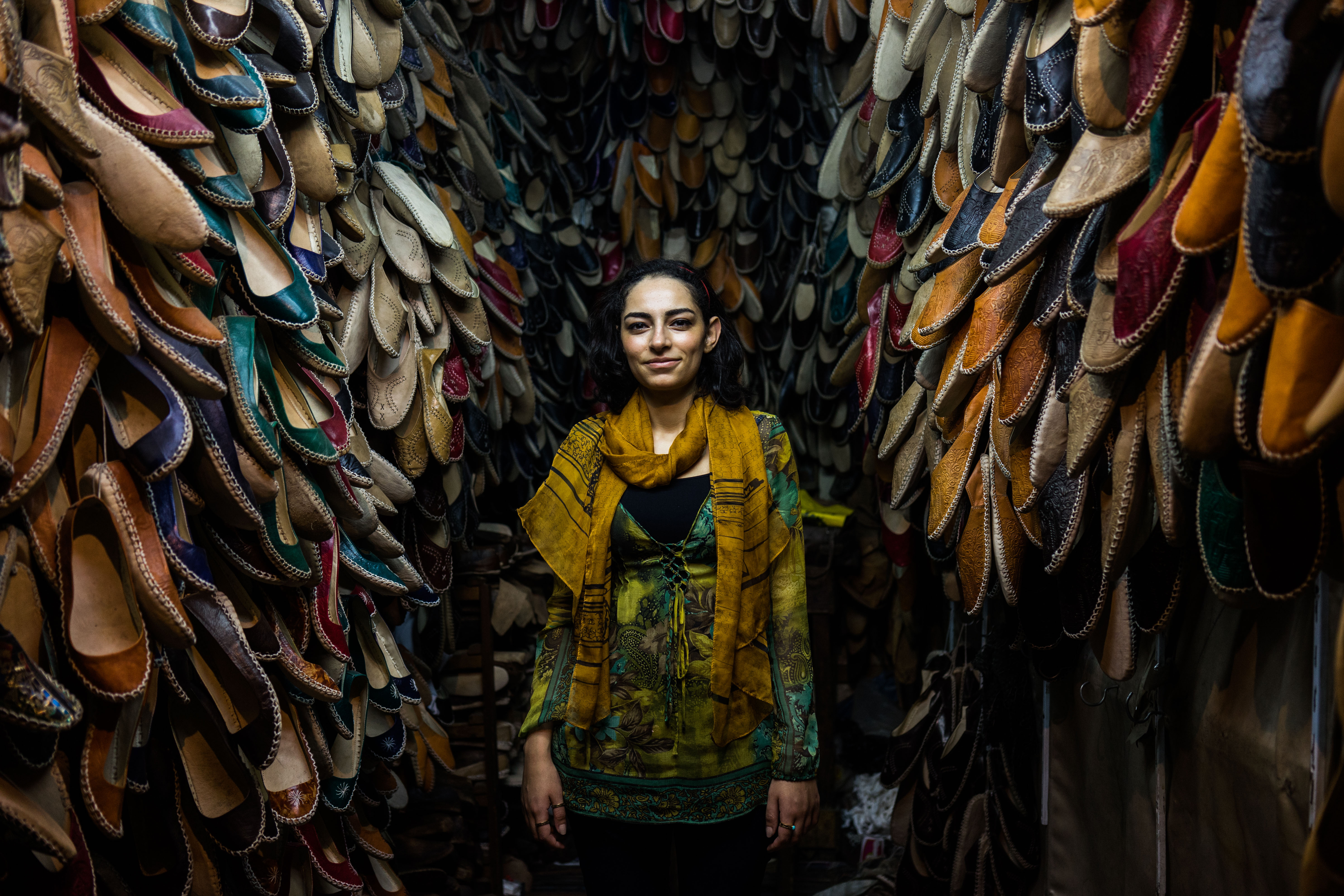
A woman’s decision to take off her hijab and her quest for independence come hand-in-hand in many cases. Mariam Amer, a 23-year-old activist speaks about this relationship while reflecting on her personal experience with the hijab.
“I started thinking of moving out from the house after being physically assaulted by my brother for attempting to go out without my hijab! The hijab issue and that incident totally ruined my relationship with my brother, although we used to be very good friends before,” she says.
Mariam left her hometown of Alexandria and moved to Cairo, where she now lives by herself. However, she says that the decision is not without its cons.
“Among the challenges facing an independent girl in our society aside from the financial ones is the fact that many people start looking down upon me when they know that I live by myself – as if I’m a bad girl or something.”

However, not all girls seek independence as a way to escape family control. Esraa Farouk, a 23-year-old who just finished her last year studying Political Science and Economics, used her independence as a way to pressure her father into accepting her decision of taking off the hijab. “I’ve decided to take my hijab off for reasons related to my identity and to the way I see myself,” she says. “Also, I was defending my right to choose whether I should wear it or not. I spent four years discussing this with my father to get his approval. That issued from my deep belief that, through discussion, anything can be achieved. I didn’t want to pressure or blackmail my father in any way! But after four years I just left the house, telling my father that I won’t come back unless he accepts my decision, which actually worked!”
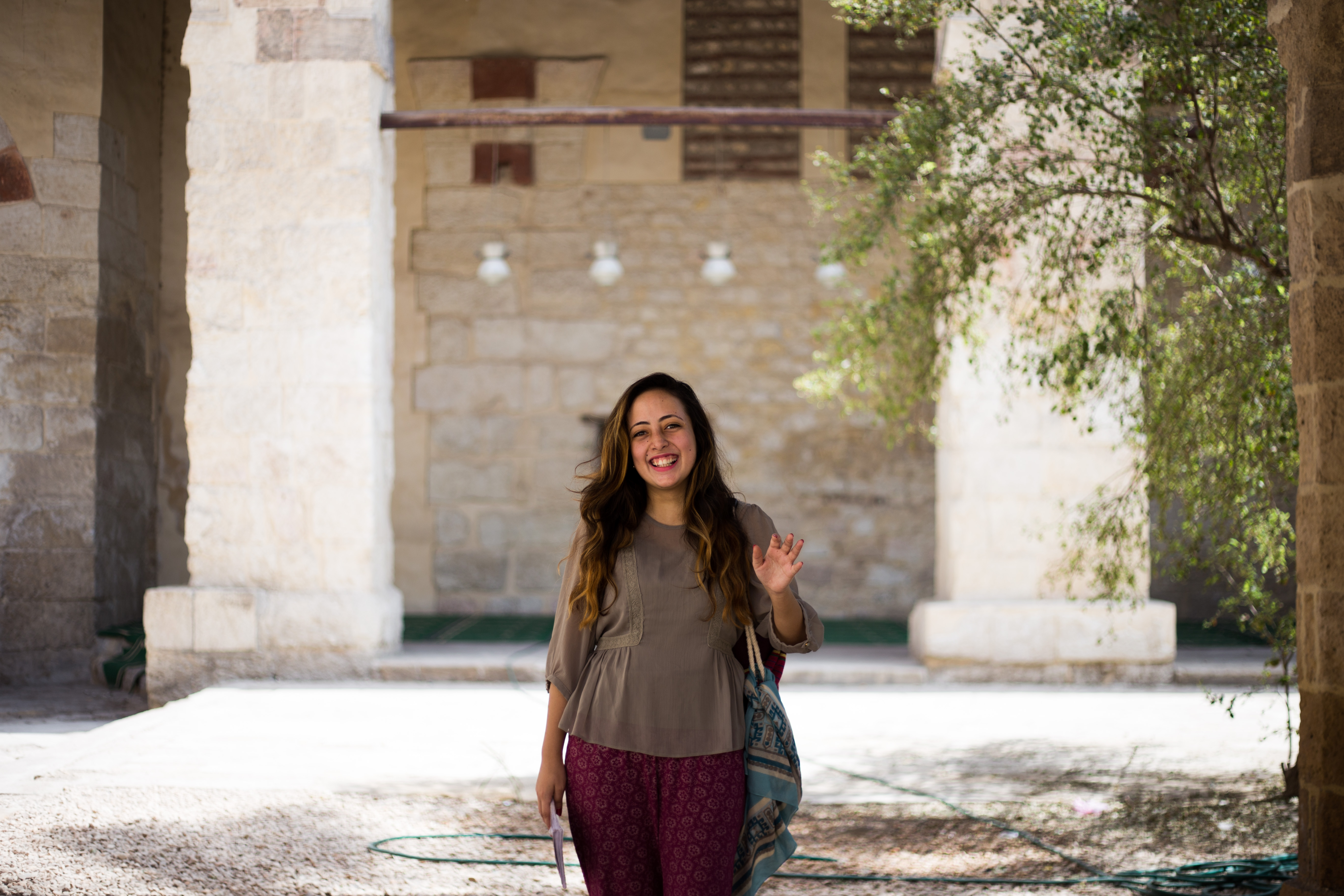
Those who can’t gain independence must form some kind of a strategy to face the parent’s obstinacy and inflexibility towards taking the hijab off.
“I’ve reached a dead end with my parents: They refuse to acknowledge the fact they force me into hijab for social reasons [and] they keep saying it is because of religious reasons but whenever we leave the house to spend the summer in Alexandria or Matrouh, they let me take it off without a fight,” says 22-year-old Philosophy student Nour Ahmed.
Nour started taking her hijab off every time she left the house without telling her parents, putting it back again on her way back home. Living in constant fear that her parents might find out, Nour turned to smoking and drugs. She suffered a near-death experience after overdosing last April, which only resulted in her family imposing more restrictions. Now, Nour only leaves the house to attend her university lectures.
“I will leave the house by the end of this summer. I won’t tell them where I am going and I won’t contact them again. I seek my simple right of being free, free to go out whenever I want, and free to wear whatever I want,” she says.
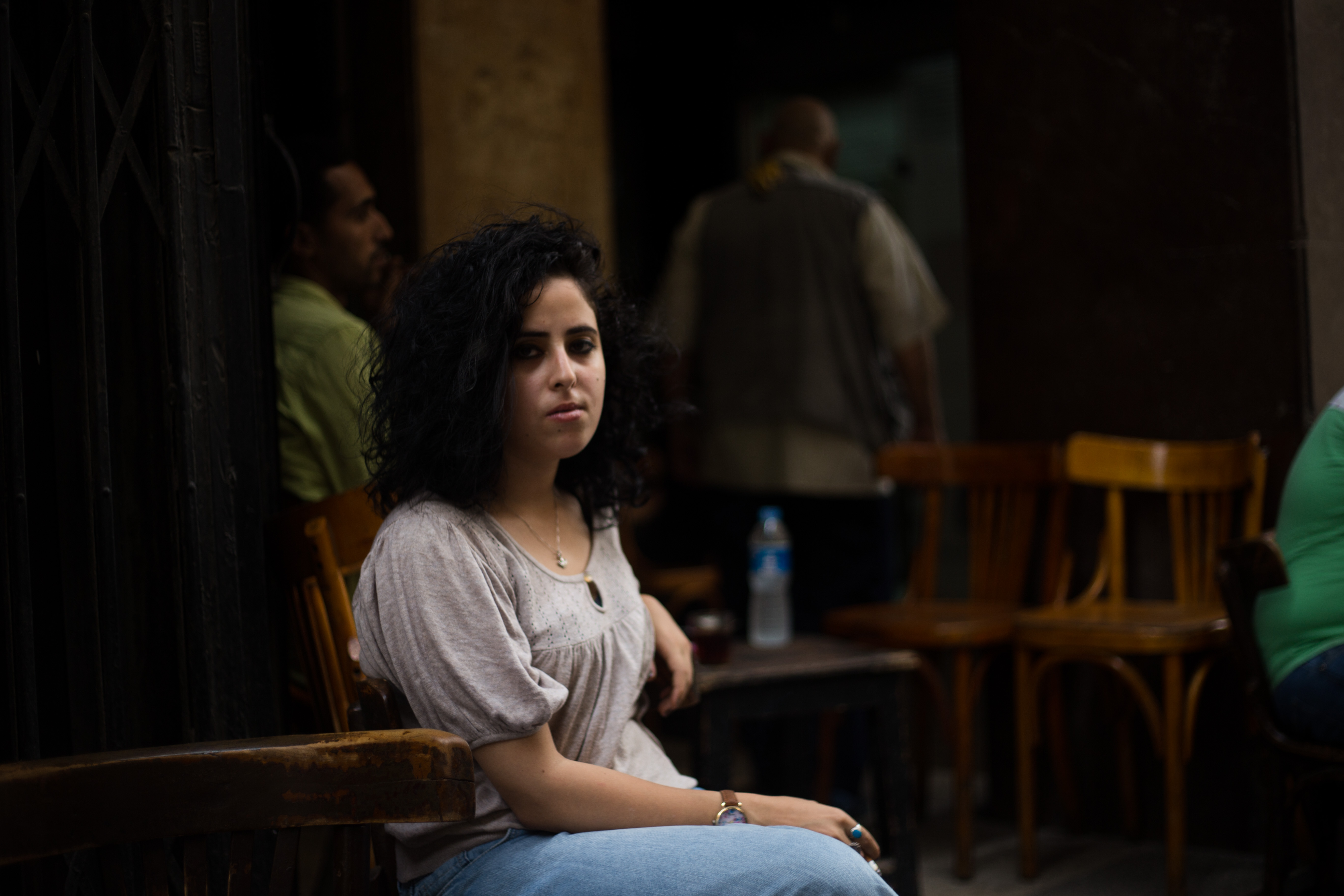
Nour isn’t the only girl who takes her hijab off behind her family’s back. Amina Salah Eldin, a young theater actress and a college student, is doing exactly what Nour does but for slightly different reasons.
“My mom has no problem with me taking the hijab off but after my father’s death, my uncles became the ones controlling the family and they totally refuse the idea, which led me to what I do right now,” Amina says. “I take it off in my work as a waitress, I take it off while acting, I take it off in college but I wear it again each night on my way to our house.”
Amina is really surprised by the fact that many men in the society, whether fathers or brothers, think that the family would shamed if a girl from the family were to take off her hijab.
“They are so obsessed by what the community and the relatives think of them; they see our bodies as possessions that must be covered all the time and the worst part of it is that they try to advocate their ill point of view by saying that they only follow God’s orders.”
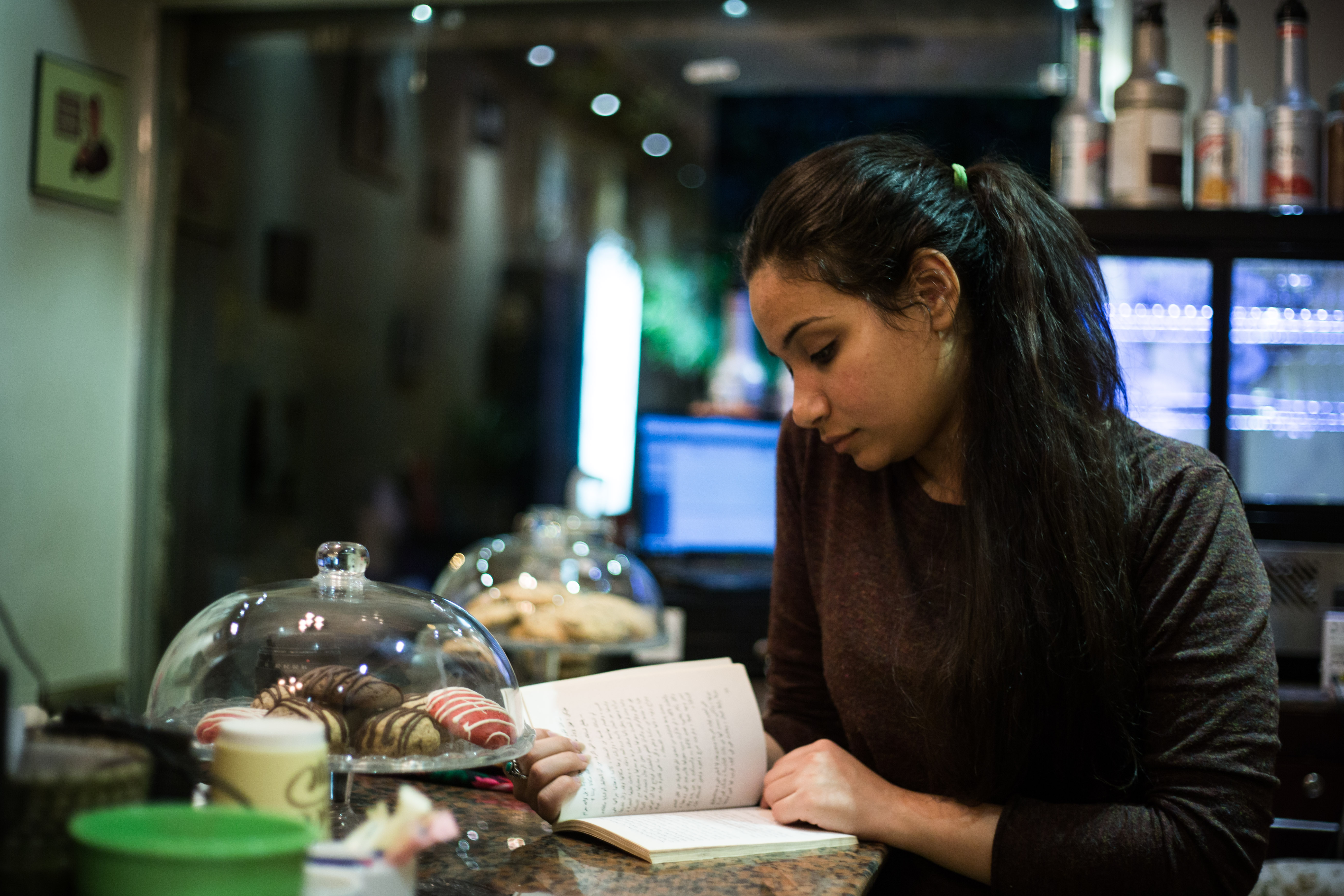
The picture isn’t always grim; family support of a girl’s decision of take the hijab off, although rare, happens. Fatma Ayman, a 19-year-old college student, speaks of how her father reacted when she told him about her intentions.
“I worried for a long time about his reaction, especially that my reasons for taking the hijab weren’t as sophisticated as the reasons of some of my friends,” she says. “All I wanted was to feel like a girl – to feel the sun on my hair and to feel the wind and the rain in the winter.”
To her surprise, her father expressed his support of her decision.
“It was an amazing shock I got when I heard his voice through the phone supporting me,” Fatma recalls.
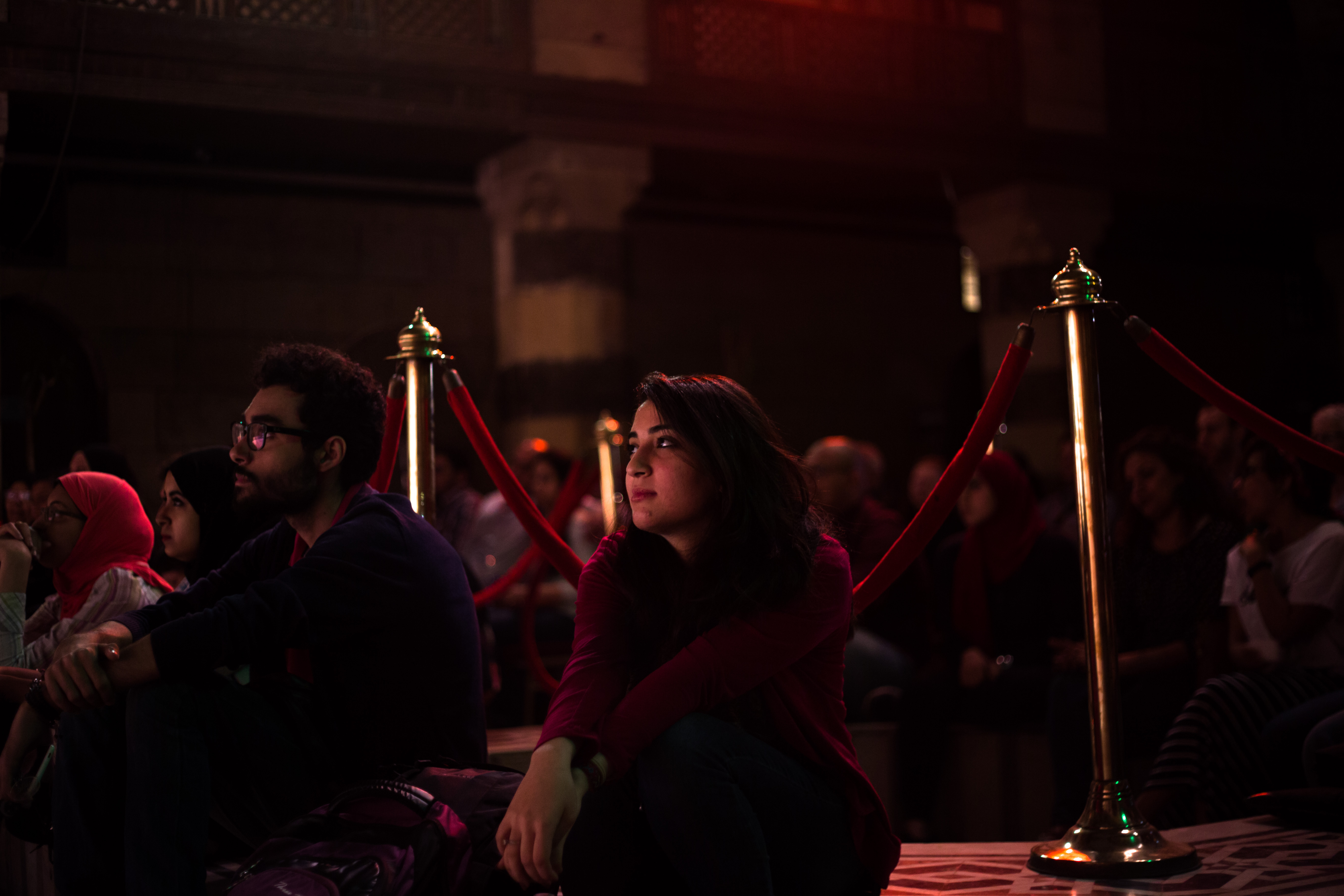
Solafa Magdy, a 30-year-old news reporter, found the support she needed from her now-husband, Hossam.
“Everything started with the revolution; I was born again and with my new birth I’ve decided to go over all the old rules … I needed two things to get through the hijab issue: Financial independence to face my family and a man who understands me to face my street and community, as I lived in the local crowded neighborhood of Ain Shams,” she says.
Hossam didn’t only offer emotional support but was also there whenever Solafa was harassed by people from the street as a consequence of her taking off the hijab.
“Because he couldn’t be there all the time for me, he bought me a taser and told me to use it on anybody who thinks of harassing me.”
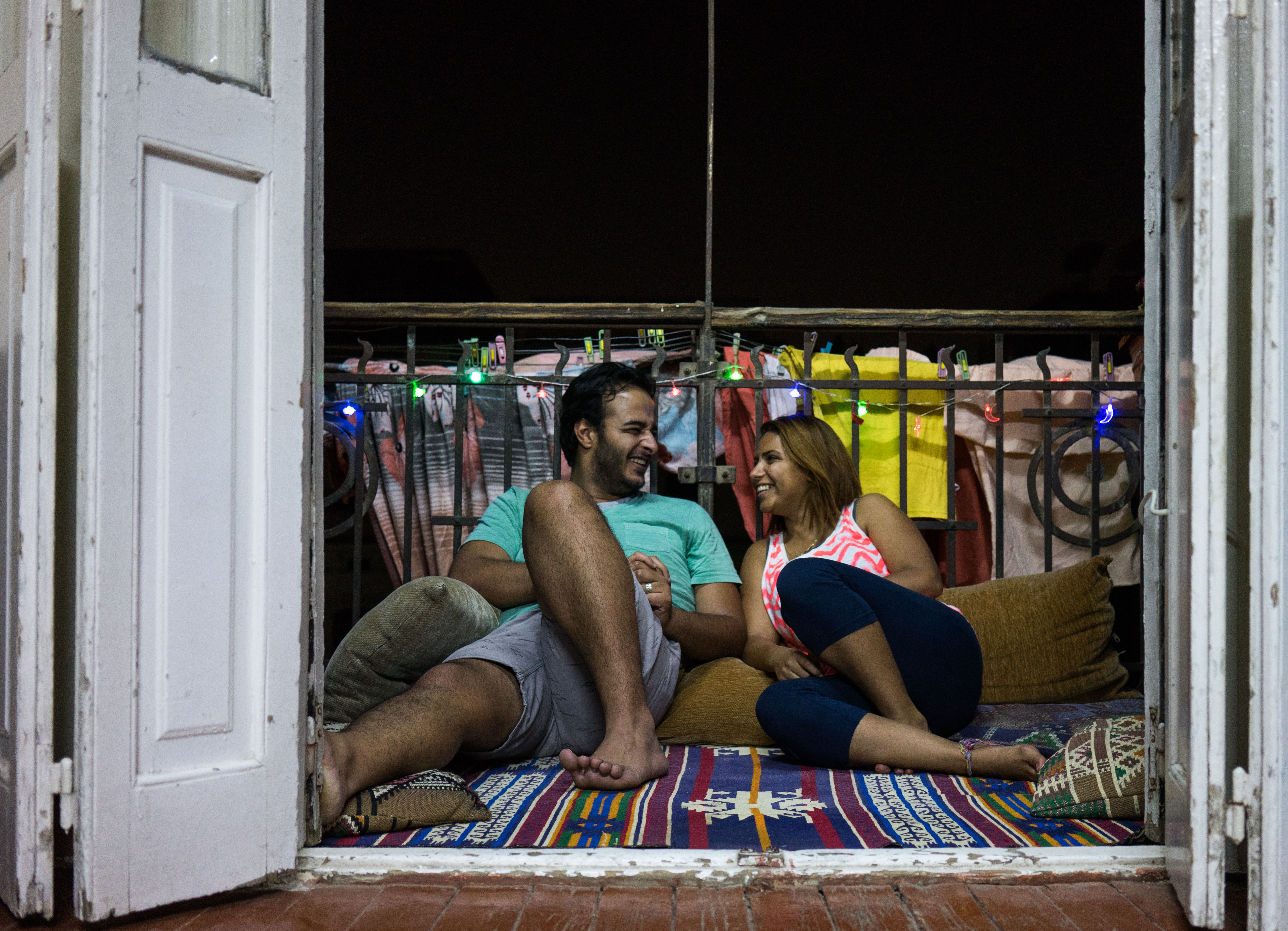
Another story of family support is told by Nehal Al Hagin, a 30-year-old architect, who, as the only veiled girl in her family, received the utmost support from her aunt and sisters.
“I didn’t have any problem with any member of my family; I had some discussions with my mother who opposed my decision at the beginning but afterwards declared her support as long as I kept my relation strong and solid with Allah,” she says.
Nehal admits that taking the hijab off was soothing and restored a great deal of her confidence.
“I connect with things through touch, smell and all my senses, so the idea of me covering my hair and my ears, not hearing properly and not feeling the wind around me was really depressing for me. We are already in a very depressing society in a very depressing country, this kind of small things is what keeps us alive.”
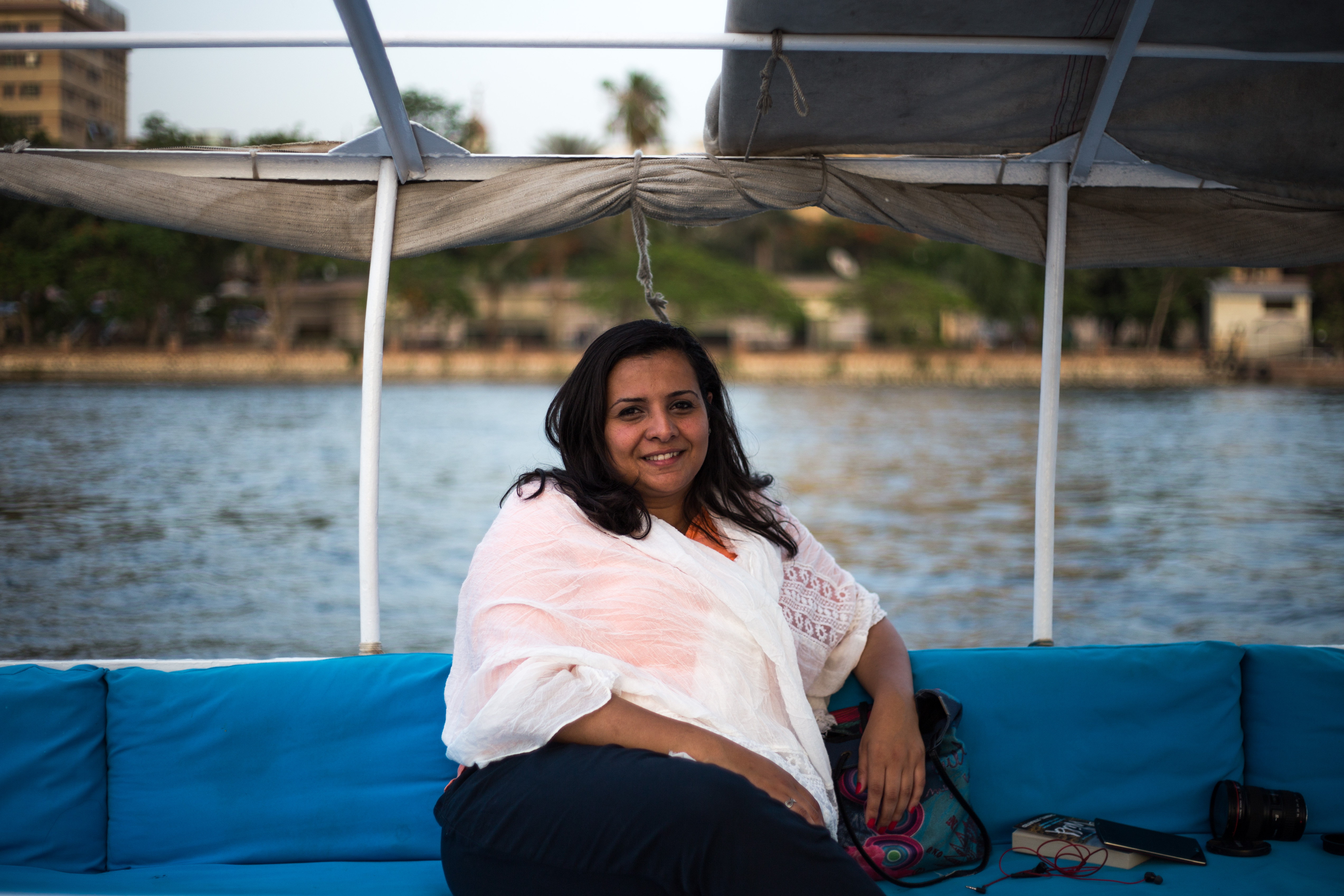
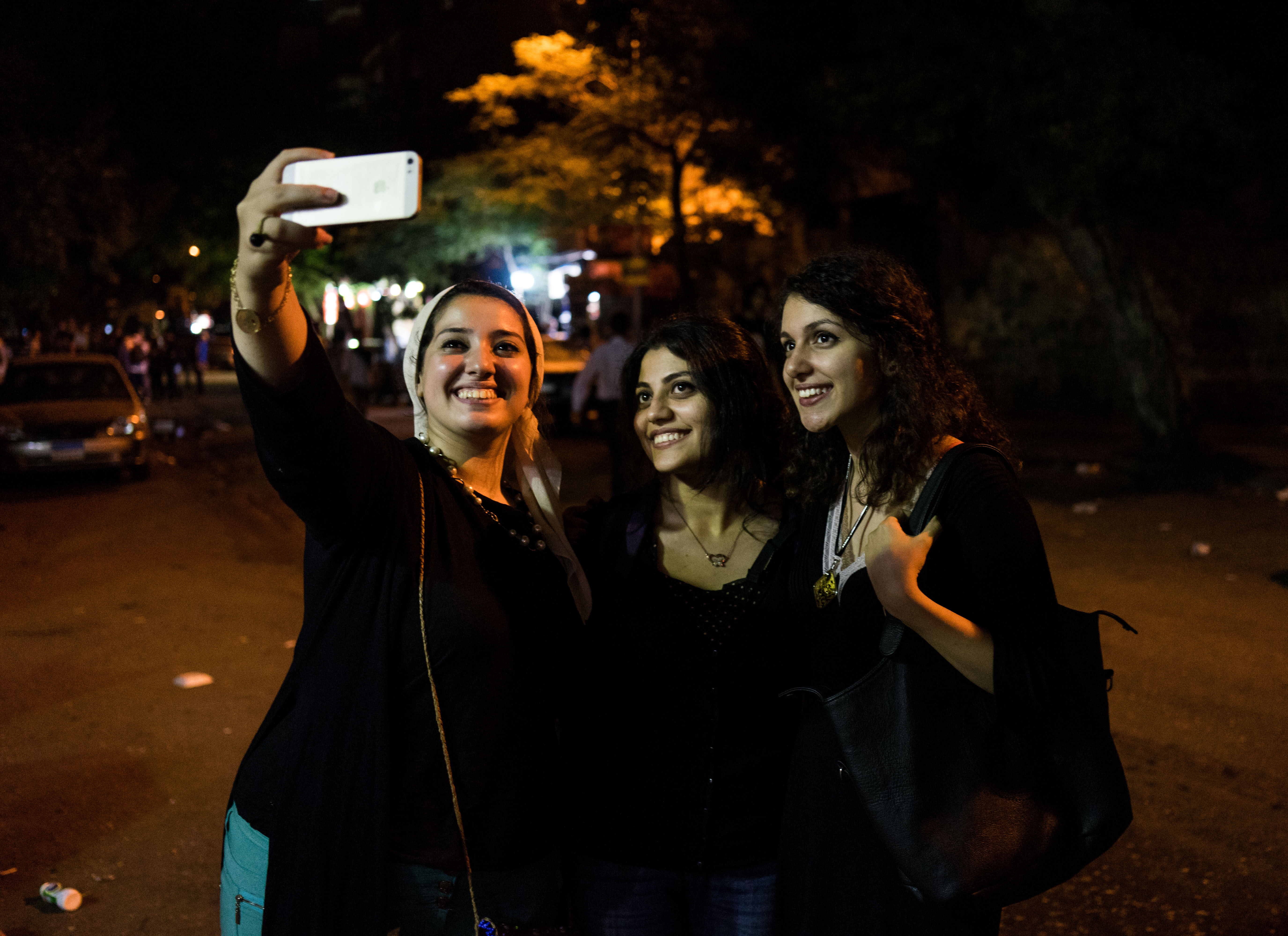






Comments (0)